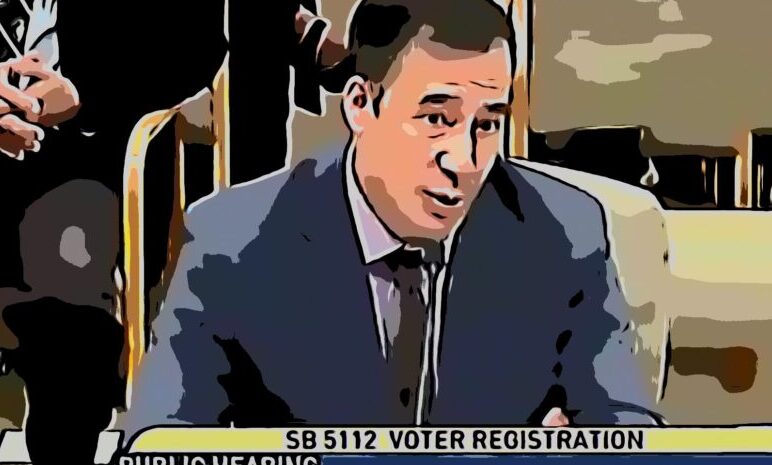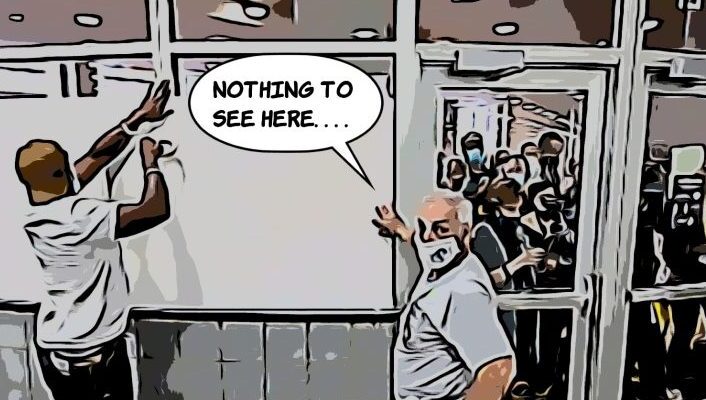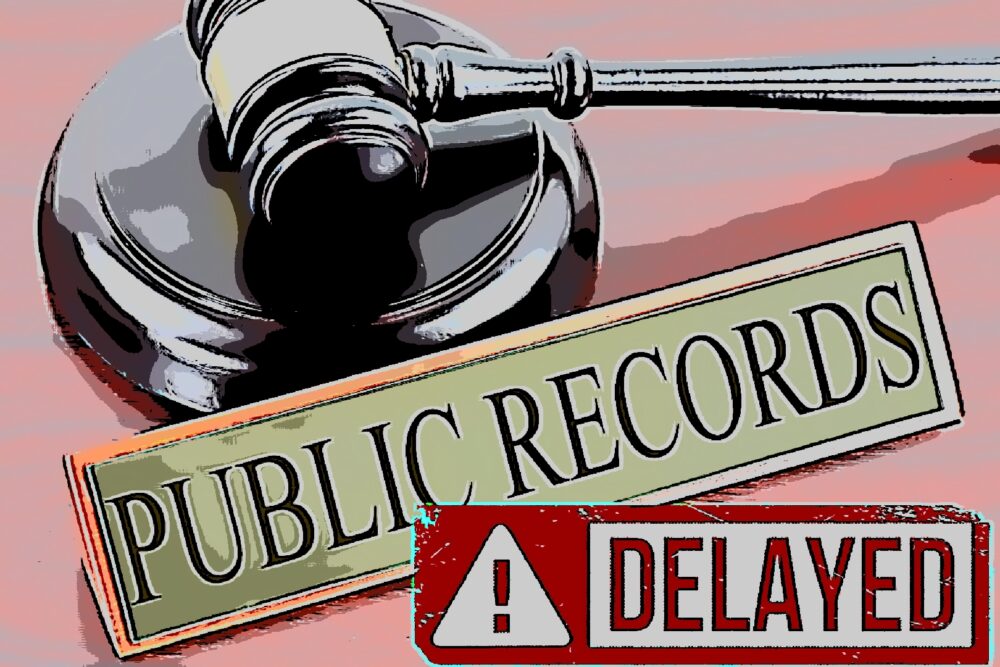Forecast
The new legislative session has just begun in Washington. Already there are election related bills which have been submitted to committee and none of them are going to protect our elections, make them more secure, or increase transparency. It appreas the goal is quite the opposite, actually.
Everyone needs to get involved in this effort. If the current bills which have been filed become law, Washingtonians lose. Election integrity should not be a partisan issue. Eligible voters should be able to elect their representatives in a fair and transparent manner, regardless of party affiliation. We are getting farther away from that every time election laws are added or changed.

SB 5112
Steve Hobbs, Washington’s Secretary of State, attended the State Government and Elections committee hearing on January 10th, which was the committee’s first meeting of the year. He introduced SB 5112, and advocated for it’s approval by the committee, while buttering up the committee members. Click HERE to watch the video of the hearing. Scroll down and watch the video from 1/10/2023. SB 5112 was the first agenda item, so you will see this for yourself right away.
Extending Automatic Registration
Currently, voters are automatically registered to vote when they obtain a driver’s license or ID card in the state, unless they opt OUT at the time of service. SB 5112 will not allow someone to opt out at the time of service. If they do not wish to register, or have their registration information updated, they must opt out by mail. They would be sent a notice by mail, which would require a response, again by mail, to opt out of registraiton.
Washington state law currently requires customers to be informed that their information will be used for voter registration. SB 5112 would remove that requirement, and voters would be automatically registered without notice or the option to opt out at the time of service.
Automatically registering voters without an option to opt out at the time of service means there are people who are issued ballots (which cost money) who have no interest in voting, and who aren’t looking out for their ballot to arrive by mail. This creates a risk for a person illegally submitting a ballot which was meant for the unsuspecting voter.
Registering people without an option to immediately opt out at the time of service will raise doubt to the voters who do choose to participate in the voting process. Not many people will opt out by mail, after the fact. They will likely just ignore the notice, then the county will start sending this uninterested, now registered voter a ballot every election. Sending ballots to uninterested voters creates chaos and risks the ballot being submitted by someone wishing to influence the election illegally and voting ballots which do not belong to them.
Challenging Voter’s Registrations
The bill also would change the requirements to challenge a voter’s registration. Instead of trying to contact the voter at their address of record, a challenger would instead needt to search another state’s voter registration database to see if the voter in question is registered there. This seems a bit relaxed compared to the current requirement. But there are a bunch of things a challenger is required to do.
Most states do not require a challenger to work so hard to remove ineligible voters from the list. The state and all the counties have more resources to do these tasks than any private challenger. Instead of using their resources, they want challengers to do all the work for them.
The bill doesn’t specify which state the challenger must search for the voter in. This seems like a waste of the challenger’s time. Are they supposed to pick any state to search? How will they show they have jumped through this hoop during the challenge process?
The requirement to visit the voter in quiestion at their registered address being removed is a good change. However, the requirement it’s being replaced with is unclear and doesn’t appear to be effective at accomplishing anything other than wasting time and it’s still burdensome for anyone who wishes to help keep the registration list up to date.
Date of Birth vs Year of Birth
SB 5112 provides less transparency for the voters of Washington. Instead of providing the date of birth to the public for all registered voters, like they currently do, it would change it to year of birth only.
Removing date of birth and providing year of birth instead will not allow people to independenlty verify the accuracy of the list of eligible voters. People who may be looking at the voter registration data in the future will not be able to confirm that only people who were old enough to vote had an accepted ballot. The voter registration currently shows the date each voter last participated in an election. The public won’t be able to see for themselves that all voters who just turned 18 were actually 18 in at the time of the election.

The state has already allowed children under the voting age to pre-register. Citizens will have concerns that the pre-registered voters are being credited with a vote when they were not eligible to vote yet. This is a valid concern. With date of birth, everyone can confirm that only people eligible to vote due to age, are the ones who voted.
Furthermore, If there are 2 people who share a common name and were also born in the same year are registered to vote, citizen’s won’t be able to tell them apart. This is a problem when one of those people becomes not eligible to vote. i.e., in the event of death. If a loved one wishes to make sure their parent who was recently deceased was not credited a vote, that would not be possible for someone with a common name who also shares a birth year with another voter.
Additionally, if someone wants to confirm someone who they have personal knowledge of is no longer registered to vote because they are no longer eligible for any reason (moved, passed away, is in total confinement at prison, etc.) they will not be able to independently confirm the ineligible voter has been removed or inactivated.
Instead, if this person shares a name with someone and a year of birth, a person searching will see a match in the name and year of birth and rightfully assume the ineligible voter is still registered. This will cause Washingtonians to lose faith in the accuracy of the voter registration list.
Every time access to information is restricted to the public, people lose trust.
Committee
At the time this article was written, the bill is was just introduced to committee. With any good luck, the bill will die there. However, coming from the SOS himself, that is unlikely.
Speak Up!
If you want to speak up and comment on this bill to the legislature, you can do so HERE.
Read the Bill




